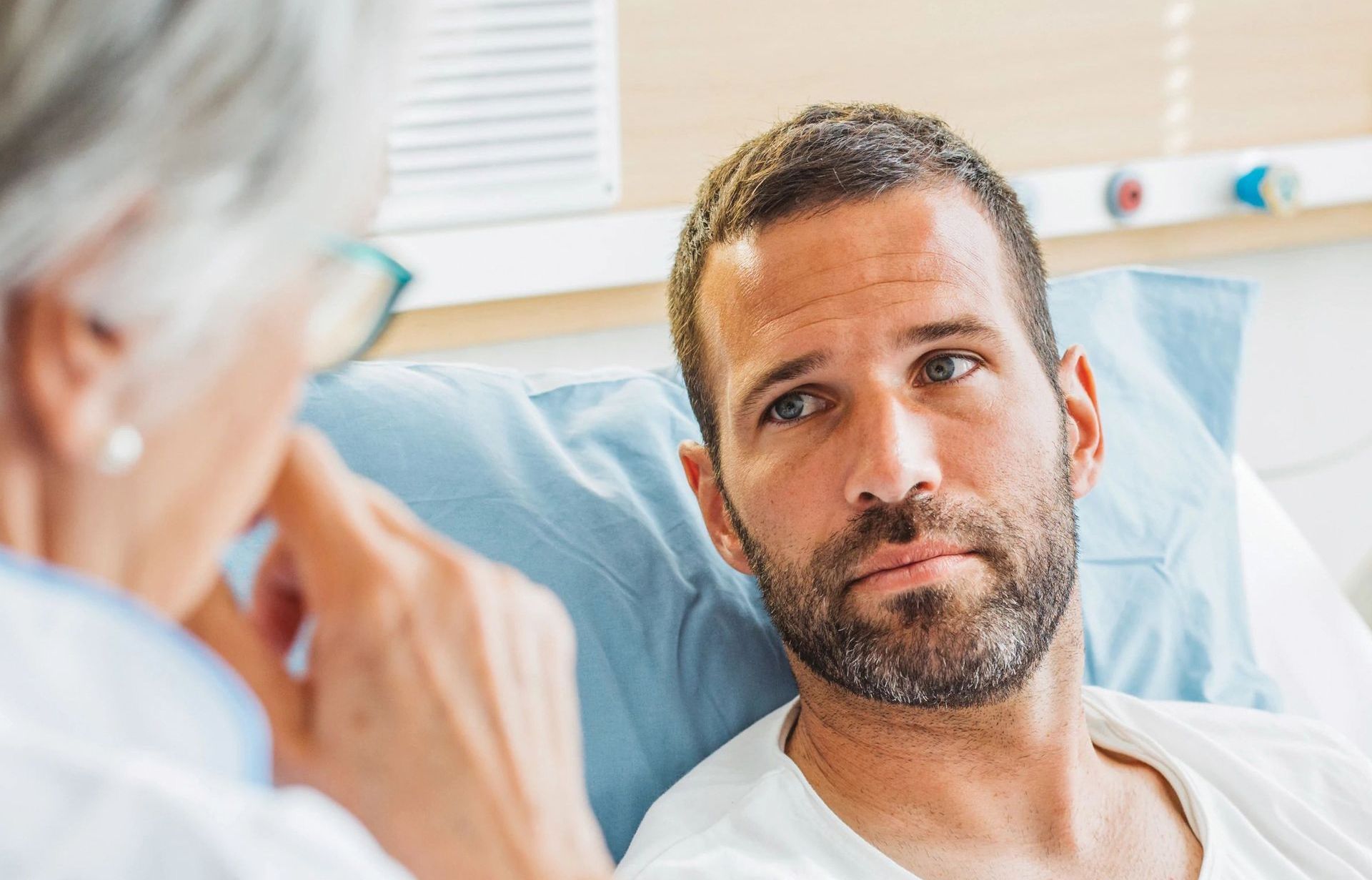Opioid Pain Medicines

Know the Risks and Tips for Safe Use
Opioids are medications that help relieve pain. They affect your brain by blocking or reducing pain signals and interacting with its reward system. They’re available legally as prescription pain medications like hydrocodone and oxycodone, and illegally as heroin.
Prescription opioids can be very addictive and dangerous if they’re not used properly. Long-term use can lead to dependence and then withdrawal when you try to stop. You can also develop tolerance to opioids over time, having to take more and more to get the same pain relief.
Side Effects
You can experience side effects from prescription opioids, even when you take them as directed by your doctor. Opioid pain medicines can cause:
- constipation
- nausea, vomiting and dry mouth
- confusion
- depression
- fatigue and dizziness
- itching and sweating
- slow breathing
Long-term use can lead to side effects like:
- tolerance
- dependence
- increased sensitivity to pain
- addiction
- overdose
Safe Use
If you’re prescribed an opioid pain medicine during your hospital stay, be sure you know the possible risks. Talk to your doctor about safe use, and remember the following tips:
- Take opioid pain medicines exactly as prescribed.
- Make a plan with your doctor that covers your questions and concerns, when you need to follow up with him or her and other ways to manage pain.
- Don’t drink alcohol while you’re taking opioid pain medicines, and ask your doctor for a list of medicines to avoid.
- Never share your opioid pain medicines, and never use another person’s.
- Store your prescriptions in a secure place that others can’t access.
- Throw away any leftover pills safely—to find out how, visit fda.gov and search "drug disposal" to find out how.
If you or someone you know may be struggling with addiction, don’t wait to get help. Call 1-800-662-HELP or visit samhsa.gov/find-help.
